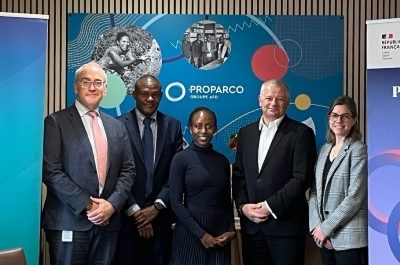The World Bank announced a new gender strategy on Thursday. It is aiming to empower 300 million more women to access broadband internet by 2030. The strategy, launched during the 2024 World Bank Group Annual Meetings, seeks to boost economic opportunities for women. It will work by enhancing their participation in the global economy through improved access to social protection, broadband, and capital.
RELATED: Broadband Commission assesses AI and the digital divides
Key Targets of the Gender Strategy
The 2024-2030 Gender Strategy, presented at a flagship event held in Washington, D.C., during the International Monetary Fund and World Bank annual meetings, sets ambitious goals to be achieved by 2030. These include:
- Enabling 300 million more women to use broadband, unlocking essential services such as financial inclusion, education, and job opportunities.
- Providing social protection programs for 250 million women, with a focus on the poorest and most vulnerable populations.
- Increasing access to capital for 80 million women and women-led businesses, addressing significant barriers to entrepreneurship growth.
These initiatives support one of the strategy’s three pillars, which is dedicated to expanding and empowering women’s participation in the global economy.
Boosting Women’s Economic Participation
World Bank President Ajay Banga emphasized the importance of women’s economic empowerment in driving global economic growth and strengthening communities. “When we increase women’s economic participation, it not only boosts the global economy but also strengthens families, communities,” he said. “Through economic empowerment, we are building a ladder out of poverty and extending hope and dignity as far as possible.”
Transforming Access to Opportunities
By prioritizing digital access, social protection, and financial resources, the World Bank is creating transformative opportunities for women world-wide. Enabling broader broadband use will connect more women to essential services, helping bridge the gender digital divide and promoting gender equality in the workforce.
The new gender strategy marks a significant step toward empowering women globally, with its targets aimed at creating a more inclusive economy by 2030.





























